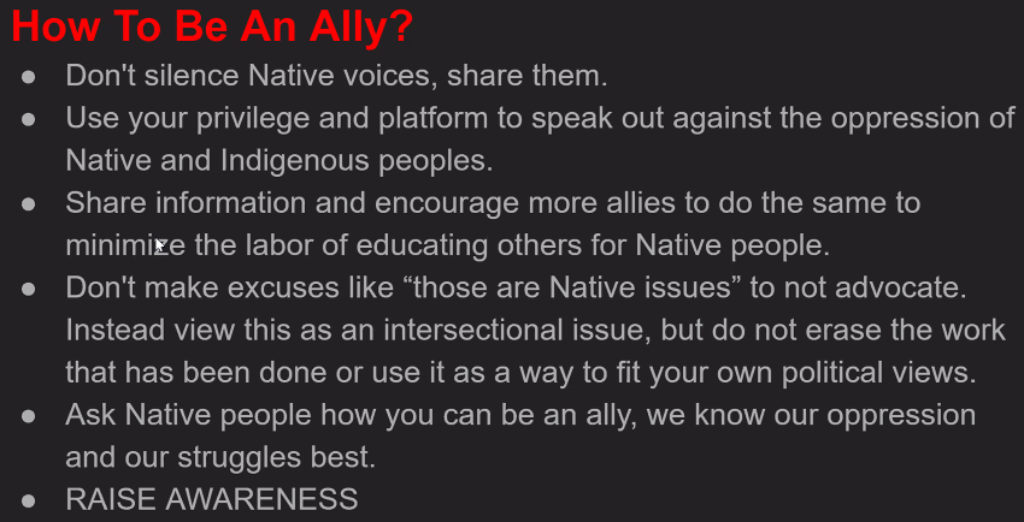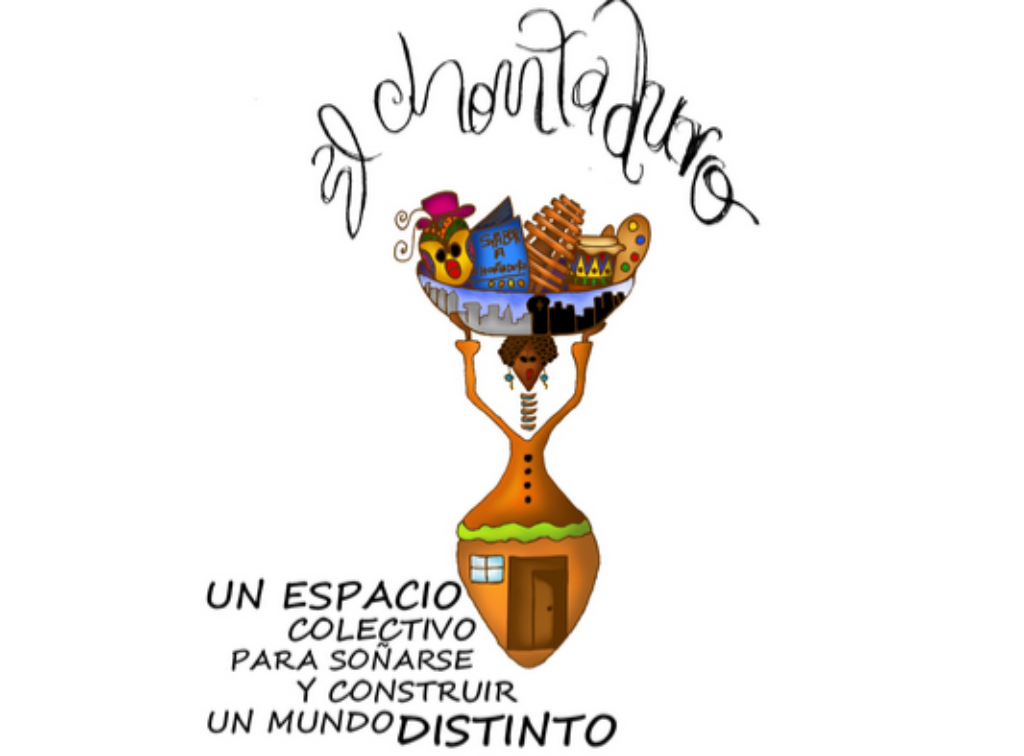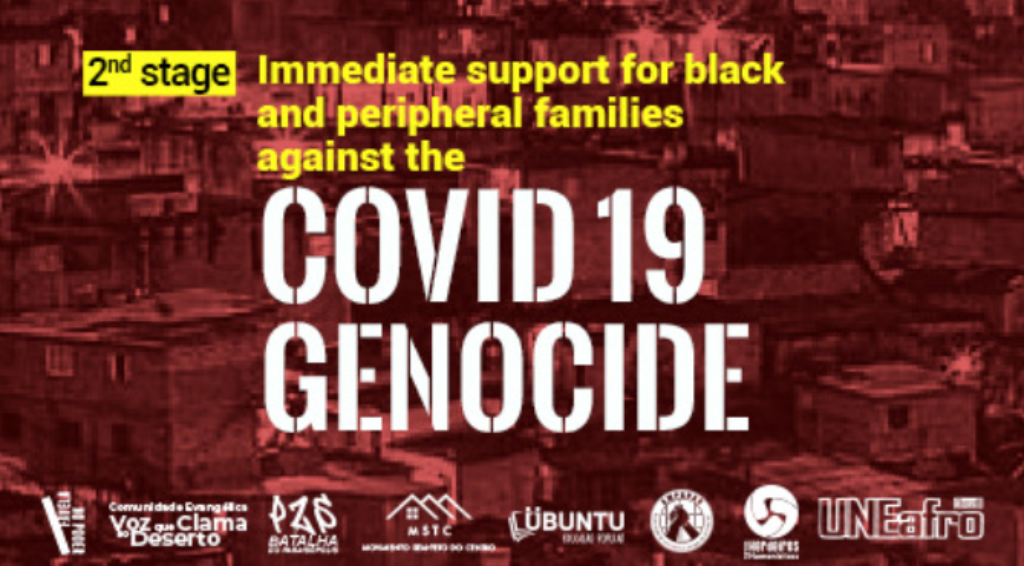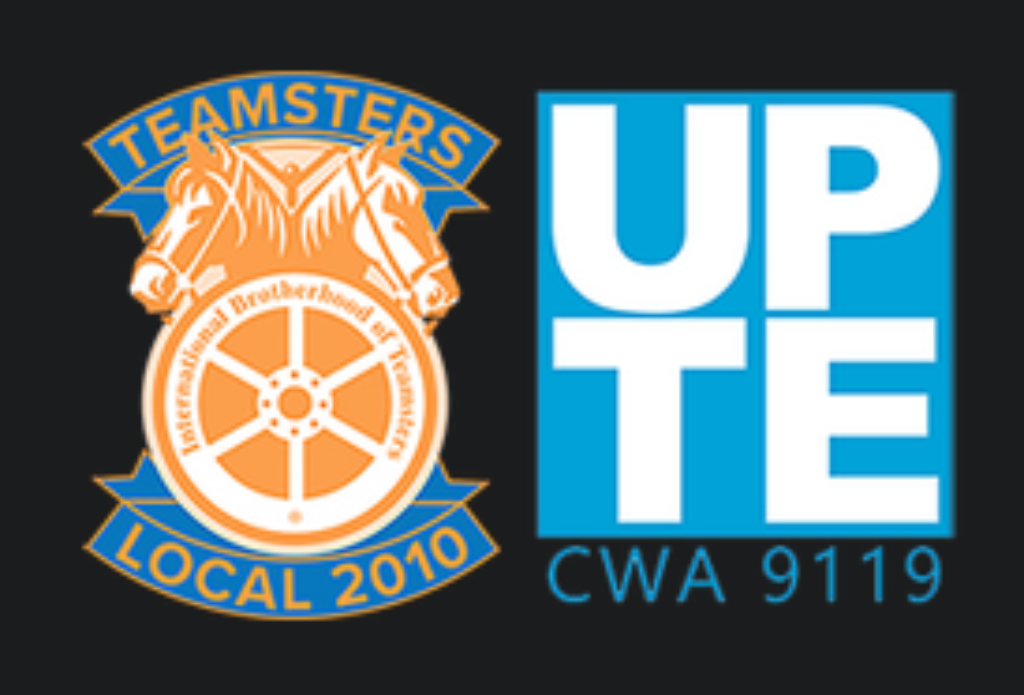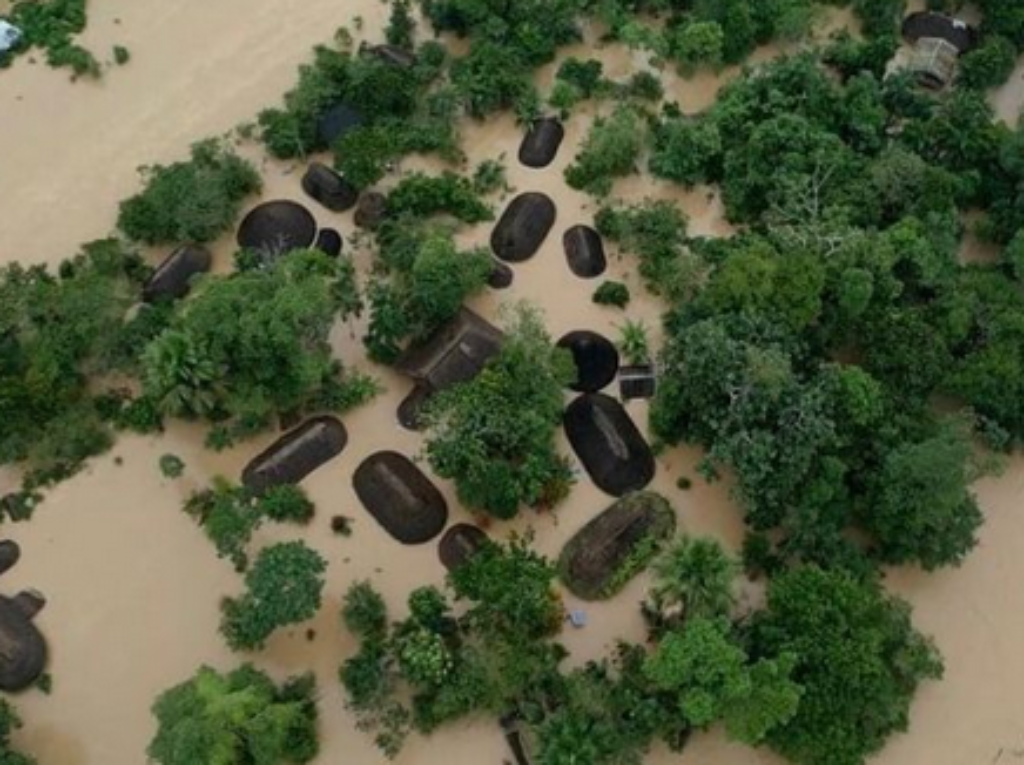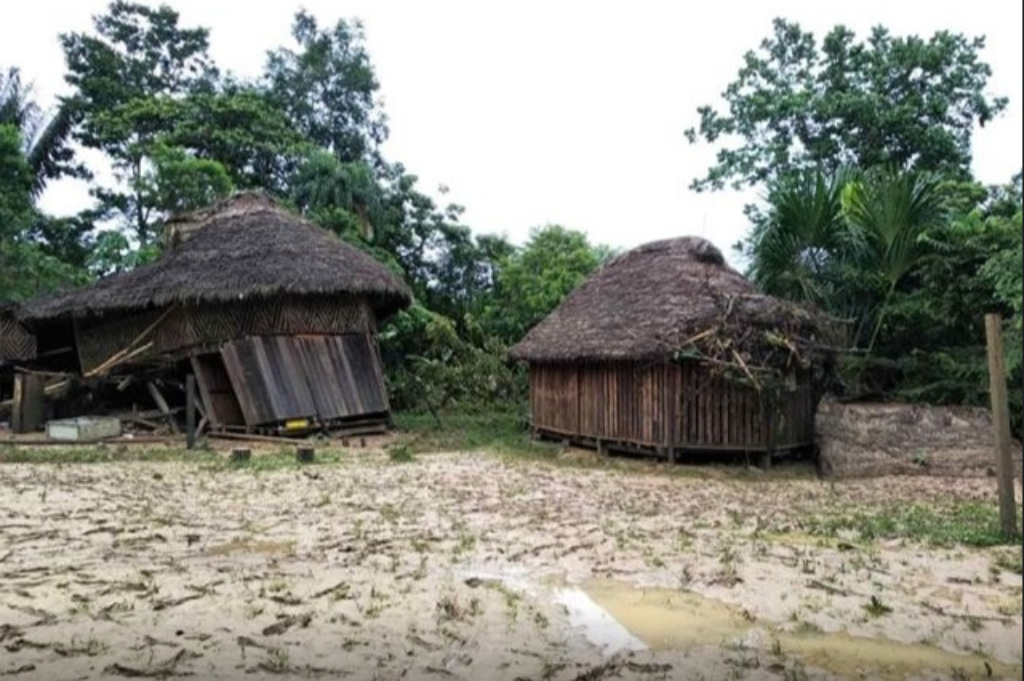**Trigger warning**** Gender based violence.
Dear community,
May 5th is the national awareness day for Missing, Murdered Indigenous Women (#MMIW). There are other # such as MMIWG2S for Missing, Murdered Indigenous Women, Girl, Two Spirit fam. Both fight for the same cause but there are tremendous work done with MMIW so this # is more widely used.
An event UCSB American Indian Student Association (@ucsbaisa) and UCSB Multicultrual Center (@ucsbmcc) co-hosted:
Join the MCC and the Peer Mentors from the American Indian Cultural Resource Center on May 5th, the National Day of Awareness for Missing and Murdered Indigenous Women. This event will feature an informational session about the Missing and Murdered Indigenous Women, Girls, and Two-Spirit People Crisis, followed by a vigil and time of collective mourning. Learn about what the #MMIWG2S crisis is, how it affects Native people, and what you can do to combat this issue.
In anticipation for this event, we ask that you show solidarity by changing your profile picture on Instagram to the second photo of this post, a red handprint on a black background. The red handprint is a symbol of the MMIW crisis. We hope that this will allow us to raise awareness through social media for this event as well as the other Missing and Murdered Indigenous women crisis.
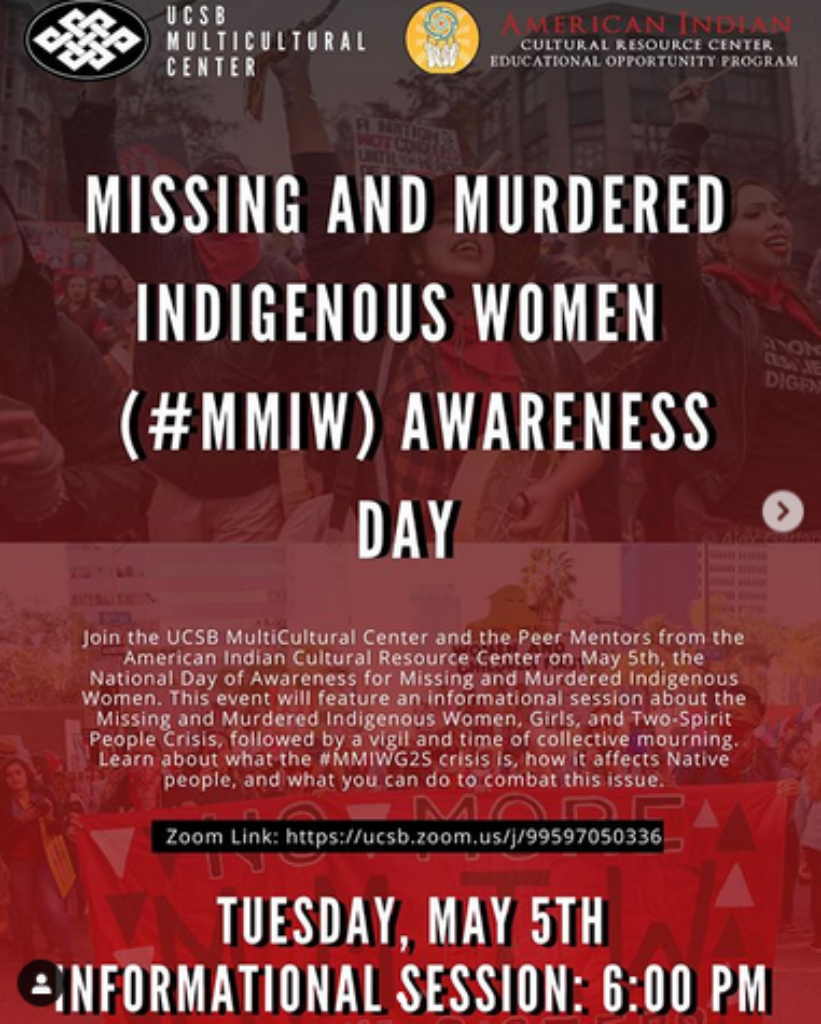

Resources AISA and MCC provided were:
https://oknaav.org/media
https://www.facebook.com/mmiwusa/
Here I share the infographic posts from Instagram @indigenousrising. Posts can be found here: https://www.instagram.com/p/B_z-2ZPjV3R/
Here is their message/caption:
Swipe Left for #WhyWeWearRed
May 5th is National Missing and Murdered Indigenous Peoples Awareness Day. Today and everyday we honor our stolen relatives.
Scientific data has confirmed what Indigenous peoples have long spoken out about, violence against our land brings violence to our people.
And we know that when extractive industries are working near our communities, such as pipeline man camps, without our consent we see increased violence and human trafficking.
Today we not only honor our stolen relatives but we promise to protect our peoples and land every day until there are no more stolen sisters. . 📸: Nedahness Rose Greene @nedahnessgreene
#mmiw #mmiwg2s #indigenousfeminism #grassrootsfeminism #nomorestolensisters #nokxl #noline3 #shutdownthetarsands
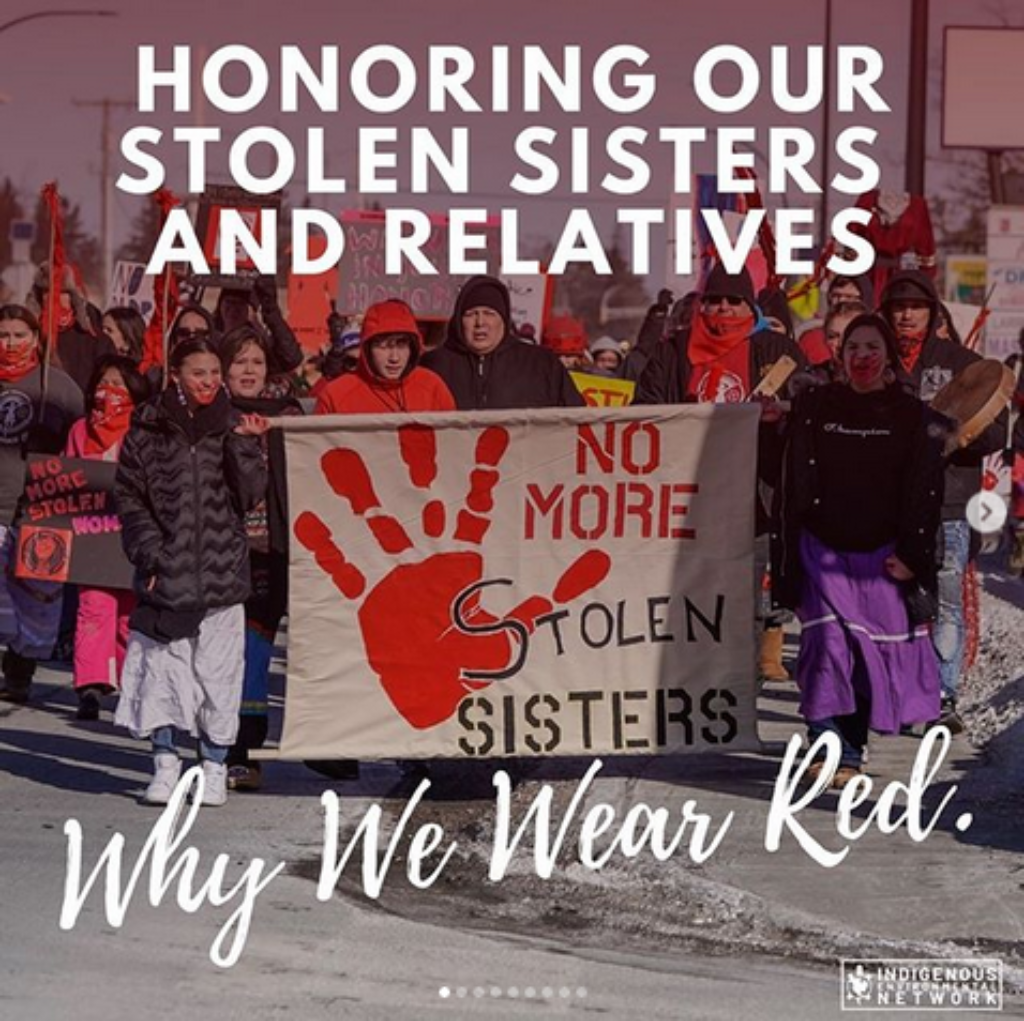

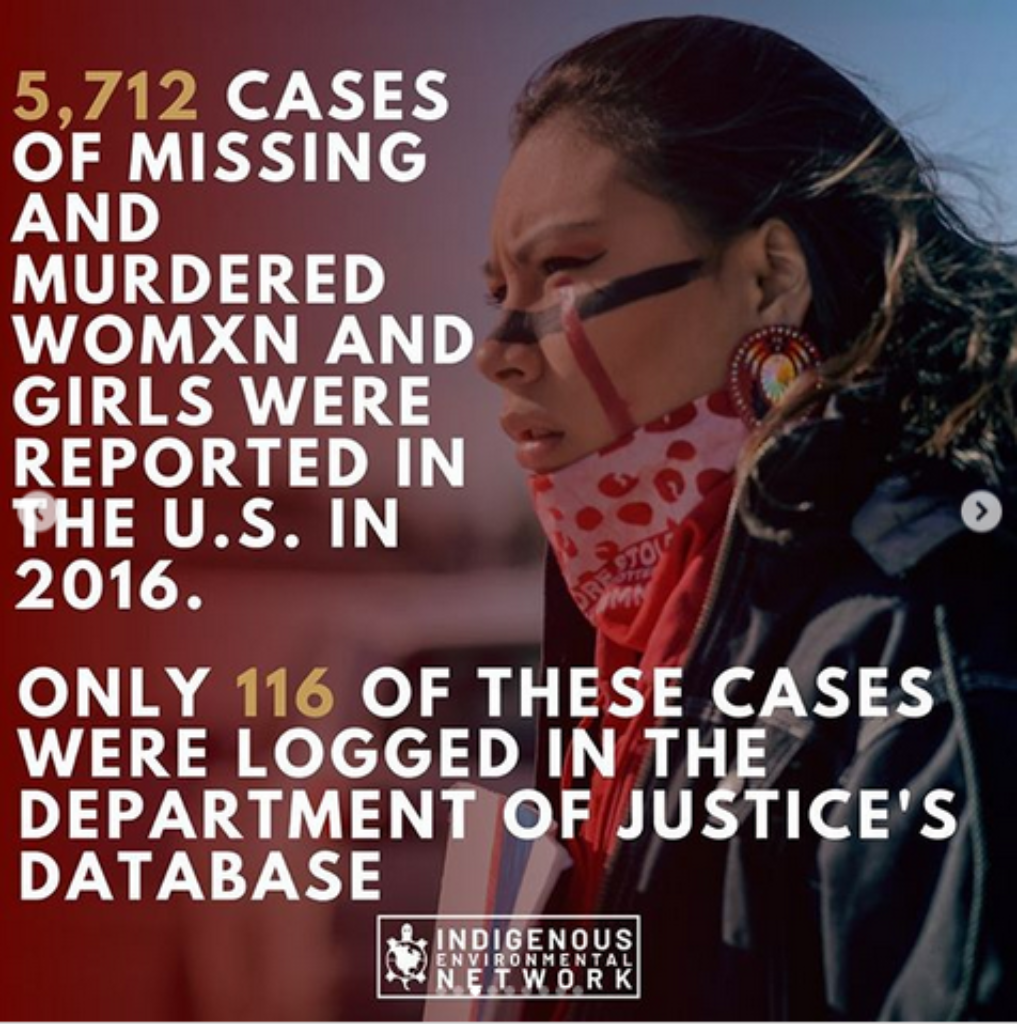

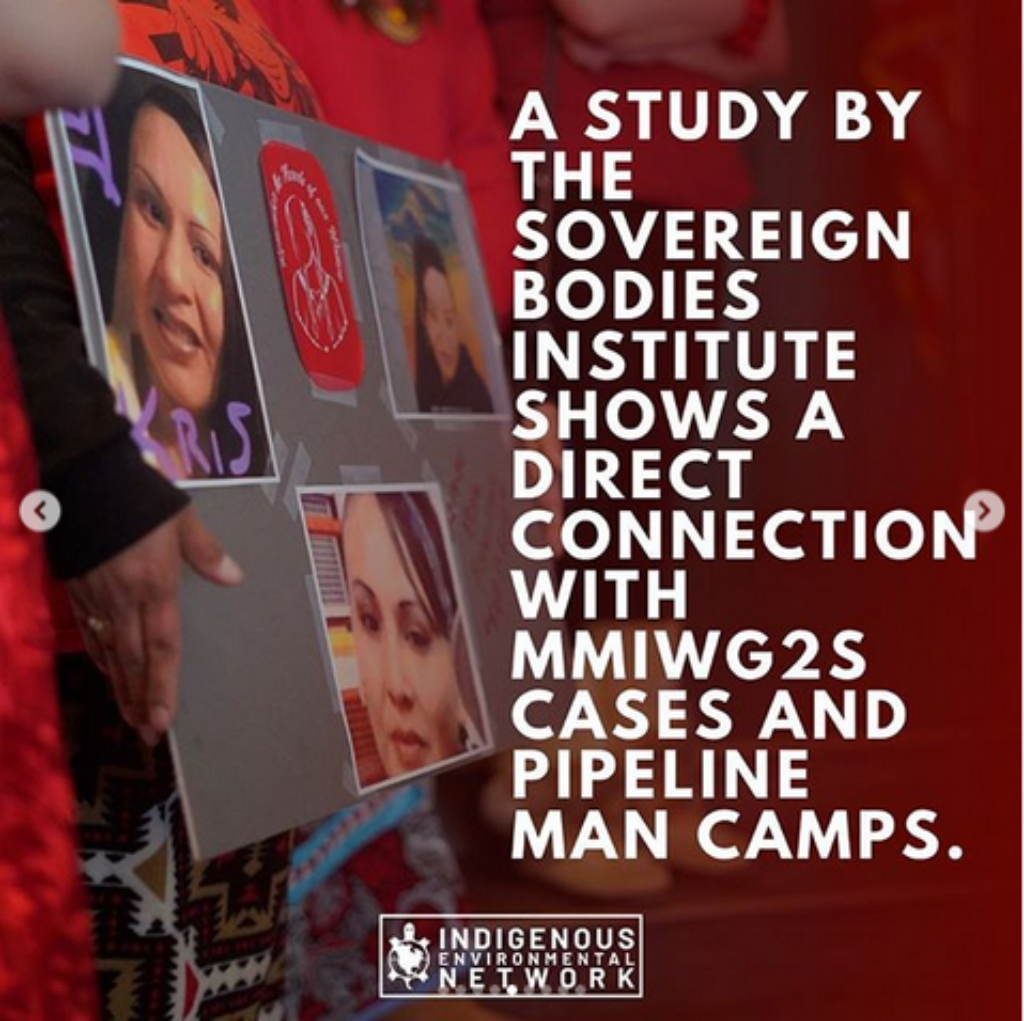
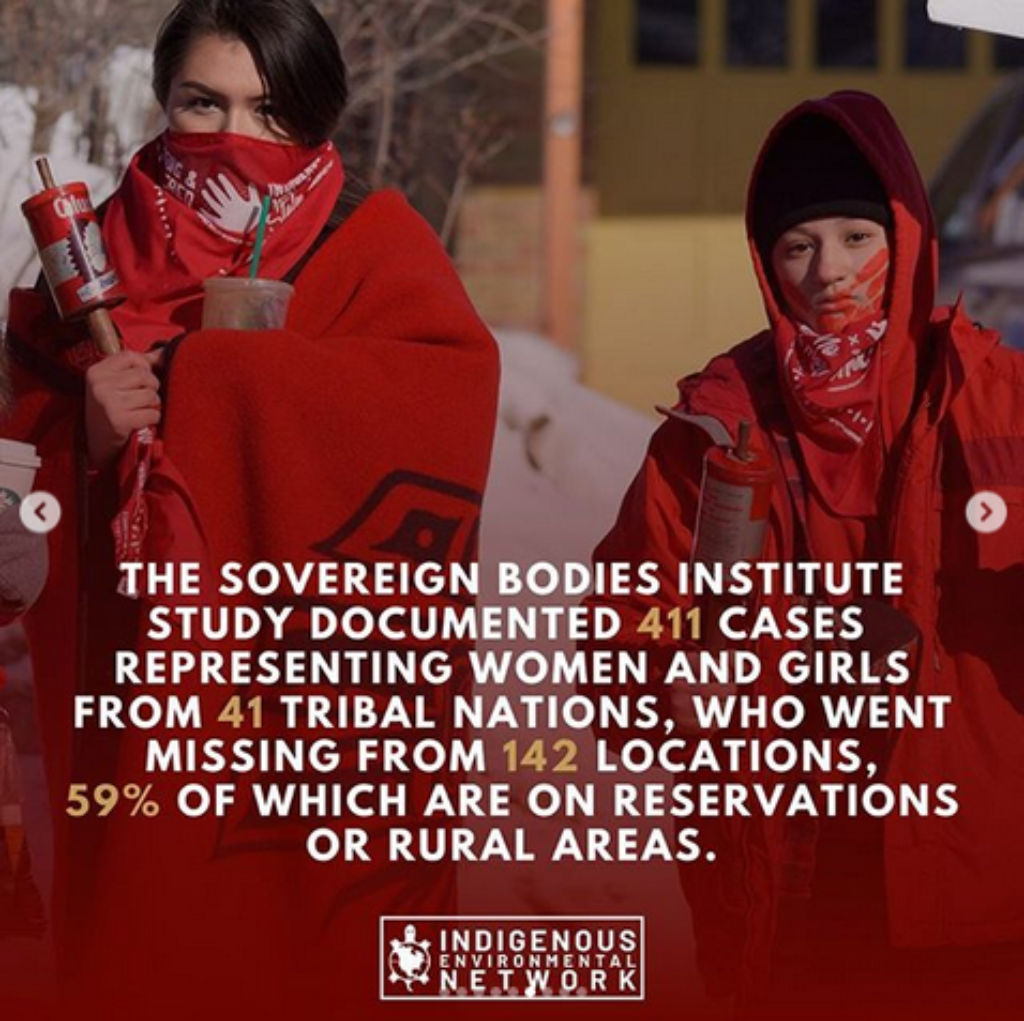
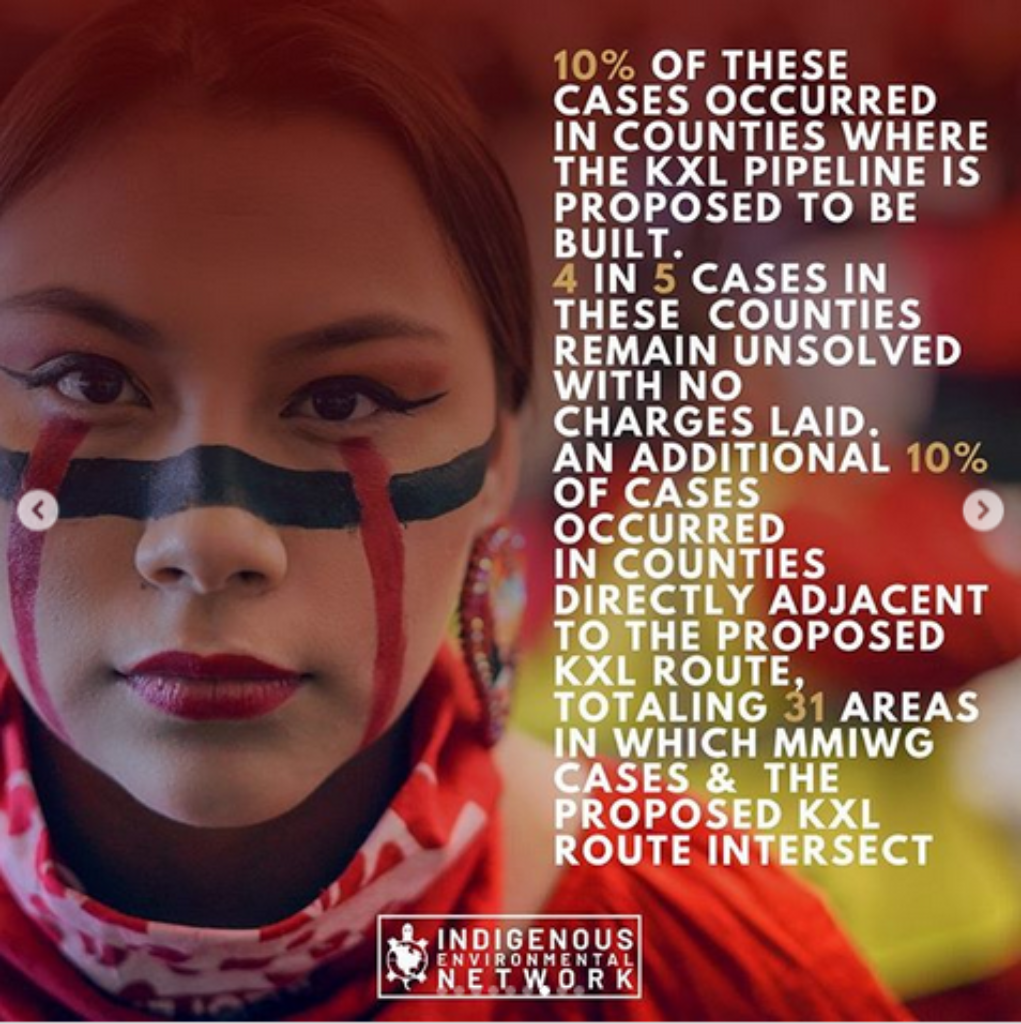
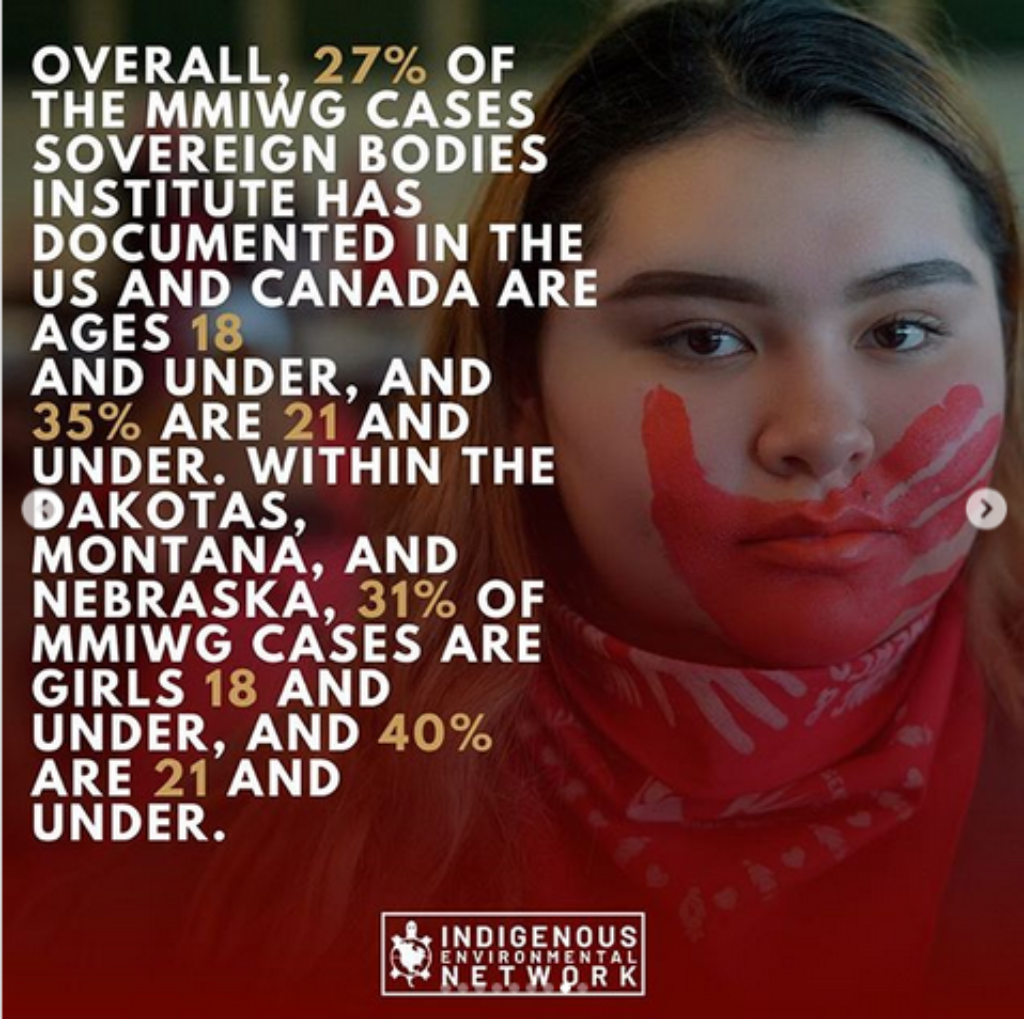
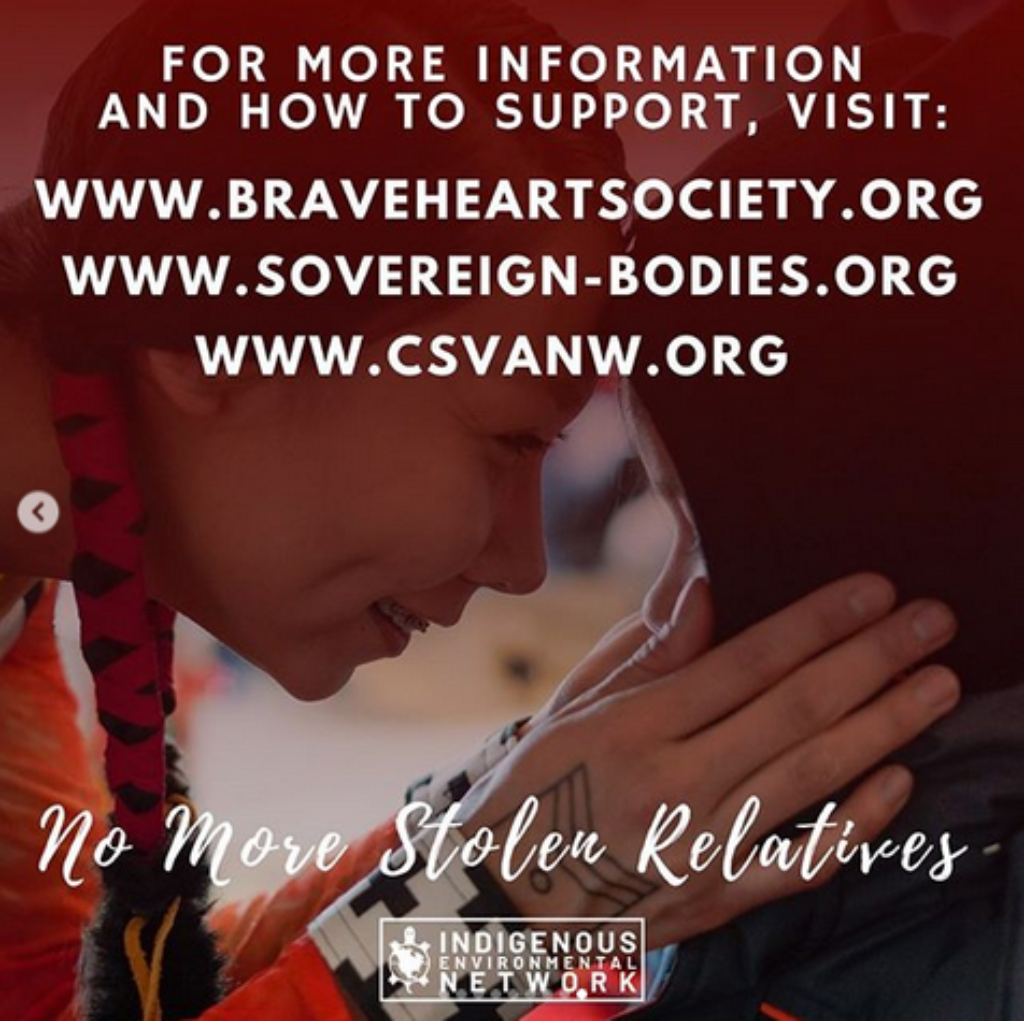
https://www.braveheartsociety.org/
https://www.sovereign-bodies.org/
https://www.csvanw.org/mmiw/
Please consider learning more about this issue and how our different struggles are different but very much connected. Please support and help raise awareness of this crisis.
Thank you all.
A peak from the presentation:
